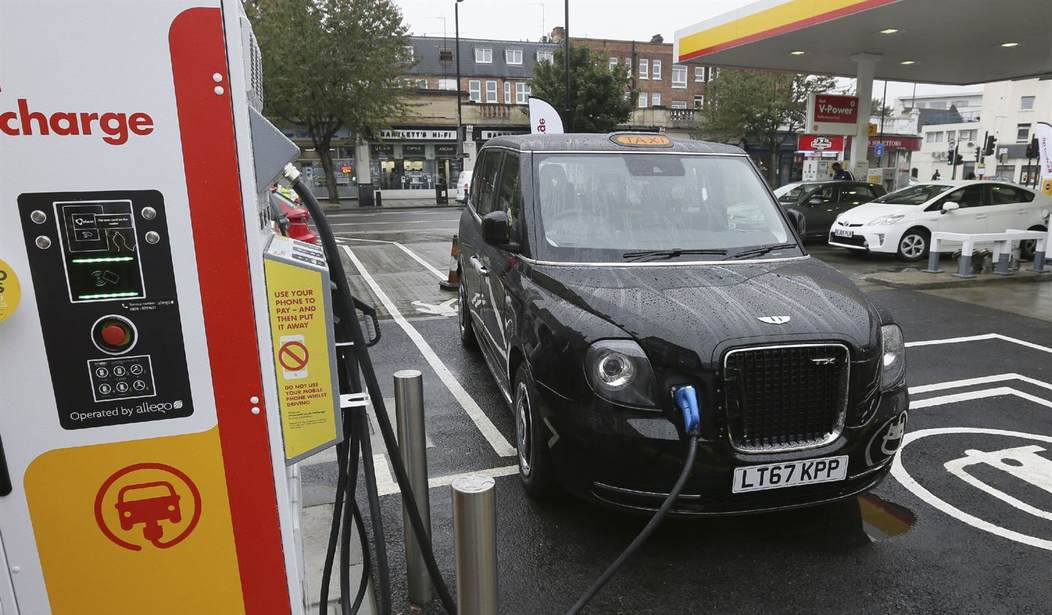On Monday, the New York Stock Exchange (NYSE) announced that it is delisting electric vehicle (EV) startup company Fisker, citing "abnormally low price levels." Fisker stock has been trading at under a dollar a share. The NYSE will, further, take action to remove Fisker from its stock exchange altogether.
The exchange said Monday that Fisker’s stock is “no longer suitable for listing” because of “abnormally low” price levels. The decision comes a month after Fisker was warned by the NYSE that its stock price had spent 30 days trading below $1, putting it out of compliance with the exchange’s rules.
Fisker can review the NYSE’s determination, but it said in a Monday afternoon filing that it expects its stock to be moved to an over-the-counter market such as OTC Pink. It also said the delisting has triggered repayment clauses in two outstanding loans that it cannot currently afford, which could have a “material adverse effect” on the business.
The suspension caps a tumultuous day for Fisker, which saw shares fall more than 28% before trading was halted. Earlier Monday, Fisker announced it lost a potential deal with a large automaker, reported to be Nissan — a development that has also endangered a recently announced attempt at securing emergency funding.
This is the latest in a string of setbacks for the "green" advocates of electric cars; while the federal government seems determined to mandate and subsidize them into existence, it seems the American driving public just isn't having it.
See Related: Maine Rejects Crazy EV Mandates in Blow to Climate-Obsessed Governor
Biden Administration Releasing New Tailpipe Rules Pushing Electric Vehicles
Fisker's problems, though, seem to go beyond the public's skepticism towards electric vehicles.
Fisker’s problems, which include complaints from customers, lawsuits and federal investigations, have been escalating for months. The imperiled EV startup has struggled to sell its Ocean SUV in the early going, underperforming its own internal sales goals, as TechCrunch reported in January. It pivoted away from a direct sales model and turned to dealerships to help drive sales. It has also struggled with quality problems — ones that Fisker has, at times, struggled to solve, according to internal documents.
It is belaboring the obvious to note that if the American public is going to buy into electric vehicles on any scale, it will require builders to produce cars that are not beset with quality issues.
Plug-in hybrids would appear to be making some inroads in the American automobile market, but the electric-only vehicle concept still seems to be not ready for prime time. Fisker isn't alone in this. Sales of EVs are increasing, gradually, but they are still a small fraction of the market. If the federal government did not subsidize these vehicles, many of which offer a taxpayer-funded kickback of up to $7,500, it's unlikely they would be selling as well as they are. In many locations, such as places that have winter temperatures dipping below 20 degrees, EVs simply aren't practical. And without major, expensive additions to electrical generation capacity and infrastructure, they are unlikely to ever achieve any major market penetration. Even Tesla, the one real success story in EVs, only holds about 4.2 percent of the American car market.
This delisting could be the end of the line for Fisker.














Join the conversation as a VIP Member